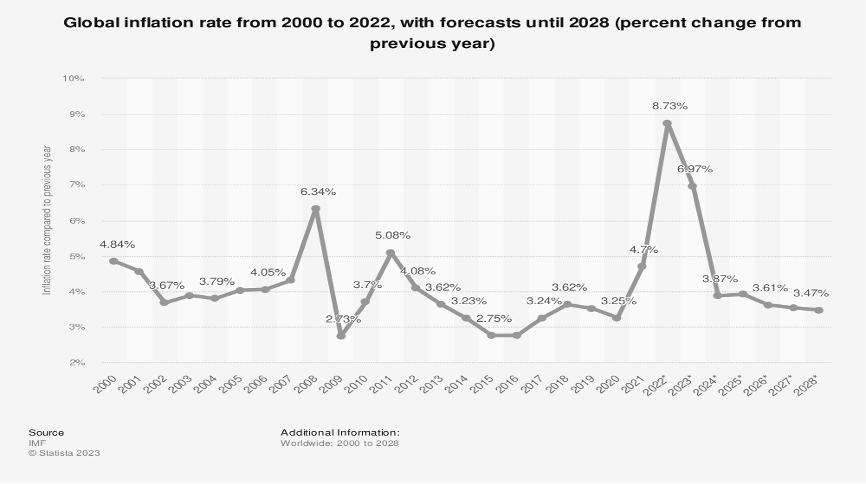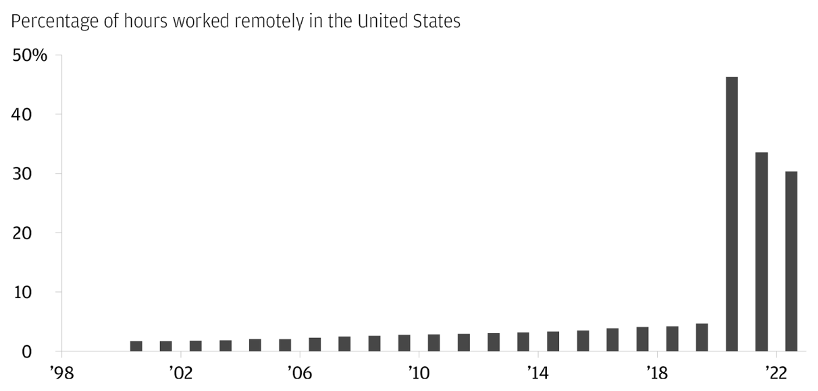Despite the Trump decision of threatening to ban Chinese groups from US stock market, by delating many Chinese companies, the effect is totally the opposite. Always more Chinese firms are going public in Nasdaq and in the NYSE.
“The U.S. remains a magnet for initial public offerings of Chinese technology companies, despite rising political, trade and regulatory tensions between the world’s two largest economies. More than 20 companies from China have gone public so far this year on the Nasdaq Stock Market or New York Stock Exchange, raising $4 billion in total… The sum already exceeds the $3.5 billion in combined IPO proceeds that 25 Chinese companies raised in the U.S. over the course of 2019.”
Trump administration said that Chinese groups will be cancelled by Nasdaq and by the NYSE in case of not compliance with the US decision that impose to Chinese groups the duty of giving full access to their audit reports, an action which is forbidden by Beijing. Despite of the USA delisting threats and the fact that President Trump has blamed Beijing of currency manipulation and of being the cause of the global spread of COVID19, Wall Street is having an increase number of IPOs by Chinese groups. In more detailed, the overall number of China stocks on Wall Street rose by almost a quarter over the Trump presidency.
Overall, by comparing the Trump administration with the predecessor Barack Obama, the number of China stock listening on Wall Street has grown drastically. Since the beginning of the Trump presidency, 102 Chinese companies have entered the New York Stock Exchange and Nasdaq, raising $25.5bn (according to data from Dealogic).
“The U.S. remains a magnet for initial public offerings of Chinese technology companies, despite rising political, trade and regulatory tensions between the world’s two largest economies. More than 20 companies from China have gone public so far this year on the Nasdaq Stock Market or New York Stock Exchange, raising $4 billion in total… The sum already exceeds the $3.5 billion in combined IPO proceeds that 25 Chinese companies raised in the U.S. over the course of 2019.”
Trump administration said that Chinese groups will be cancelled by Nasdaq and by the NYSE in case of not compliance with the US decision that impose to Chinese groups the duty of giving full access to their audit reports, an action which is forbidden by Beijing. Despite of the USA delisting threats and the fact that President Trump has blamed Beijing of currency manipulation and of being the cause of the global spread of COVID19, Wall Street is having an increase number of IPOs by Chinese groups. In more detailed, the overall number of China stocks on Wall Street rose by almost a quarter over the Trump presidency.
Overall, by comparing the Trump administration with the predecessor Barack Obama, the number of China stock listening on Wall Street has grown drastically. Since the beginning of the Trump presidency, 102 Chinese companies have entered the New York Stock Exchange and Nasdaq, raising $25.5bn (according to data from Dealogic).
In this scenario, it worth to mention the scandal of the Chinese group Luckin Coffee, that has been delated by Nasdaq after the scandal of having fabricated millions of dollars in sales.
Many investors look at the Us capital markets as a more interesting opportunity and as a better analyst coverage in particular for what it concerns the technological sectors.
Jason Elder, a partner of Mayer Brown, has tried to explain the increase of Chinese groups in Wall Street “The market performance, the fact that valuations are positive for the sectors that are listening right now, that naturally would lead these (Chinese) companies to the US because you’ll get better trading volumes and better pricing”.
Mr. Elder has explained the raise in the size of IPO with the recent development of Asia’s private equities, which has resulted in the fact that Chinese groups are now looking for cash by public markets later on with respect to previous years.
Many investors look at the Us capital markets as a more interesting opportunity and as a better analyst coverage in particular for what it concerns the technological sectors.
Jason Elder, a partner of Mayer Brown, has tried to explain the increase of Chinese groups in Wall Street “The market performance, the fact that valuations are positive for the sectors that are listening right now, that naturally would lead these (Chinese) companies to the US because you’ll get better trading volumes and better pricing”.
Mr. Elder has explained the raise in the size of IPO with the recent development of Asia’s private equities, which has resulted in the fact that Chinese groups are now looking for cash by public markets later on with respect to previous years.
The China/US cross-listening market can be viewed from two perspectives. On one hand, always more public Chinese companies have decided to list their shares in Wall Street.
It worth to look at the increase number of Chinese groups in Wall Street in a broader perspective, this fact may also having an impact on the next US election.
Analysts said that the re-election of Donald Trump may lead to the delist of many Chinese groups from Nasdaq and from the NYSE. On the other hand, as Bruce Pang has affirmed, that the election of Joe Biden may indicate reduction of the US pressure upon these companies. “Chinese authorities would be more willing to co-operate with US regulators (on audit reports) if Biden wins,” Mr. Pang said. “Right now it’s like a deadlock between” Beijing and Washington.
Some analysts have also anticipated a possible shift from Wall Street to Hong Kong. some Chinese companies in fact have already started this shift.
Overall, as Mr. Pang has affirmed US market is still more attracting for investors than Hong Kong from many aspects, for example the fact that former did not allow corporate weighted voting rights. “If the Hong Kong exchange doesn’t revise its restrictions, all these unicorns with corporate weighted voting rights will have to choose . . . the US rather than Hong Kong,” said Mr Pang.
Lufax Holding Ltd, depending on where it prices this could be the biggest Chinese IPO in the US after Alibaba Group Holding Ltd. The Chinese group has chosen a US IPO after having previously considered listening in Hong Kong.
In conclusion, more tight US restrictions will likely not impact in the short run American brokerages' dealings with China. Even though always more Chinese groups listed in the US market are also looking for secondary listings in Hong Kong due to the increasing pressure between Beijing and Washington. Still, the current relation between the US market and Chinese companies stand in a weak balance.
Matilde Lomaglio
It worth to look at the increase number of Chinese groups in Wall Street in a broader perspective, this fact may also having an impact on the next US election.
Analysts said that the re-election of Donald Trump may lead to the delist of many Chinese groups from Nasdaq and from the NYSE. On the other hand, as Bruce Pang has affirmed, that the election of Joe Biden may indicate reduction of the US pressure upon these companies. “Chinese authorities would be more willing to co-operate with US regulators (on audit reports) if Biden wins,” Mr. Pang said. “Right now it’s like a deadlock between” Beijing and Washington.
Some analysts have also anticipated a possible shift from Wall Street to Hong Kong. some Chinese companies in fact have already started this shift.
Overall, as Mr. Pang has affirmed US market is still more attracting for investors than Hong Kong from many aspects, for example the fact that former did not allow corporate weighted voting rights. “If the Hong Kong exchange doesn’t revise its restrictions, all these unicorns with corporate weighted voting rights will have to choose . . . the US rather than Hong Kong,” said Mr Pang.
Lufax Holding Ltd, depending on where it prices this could be the biggest Chinese IPO in the US after Alibaba Group Holding Ltd. The Chinese group has chosen a US IPO after having previously considered listening in Hong Kong.
In conclusion, more tight US restrictions will likely not impact in the short run American brokerages' dealings with China. Even though always more Chinese groups listed in the US market are also looking for secondary listings in Hong Kong due to the increasing pressure between Beijing and Washington. Still, the current relation between the US market and Chinese companies stand in a weak balance.
Matilde Lomaglio

